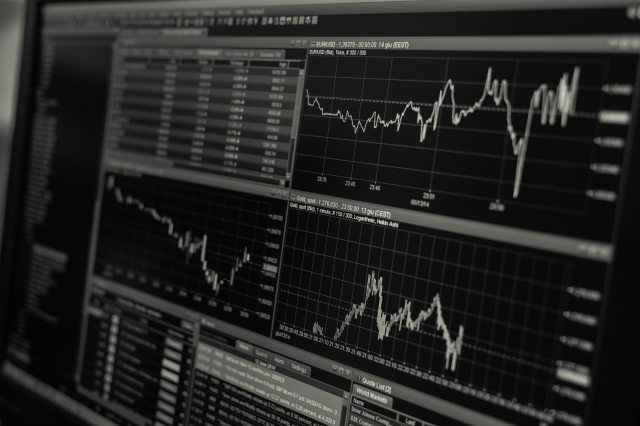It’s been a few years since Starbucks was publicly corrected for their false claim that coffee was the second most traded commodity after oil. Oil at the time was at a stellar $788 billion and coffee came in around $19 billion, which left plenty of space for other commodities in between. While Starbucks defended this claim based on futures trading figures, it left coffee in the dark. But for commodity investors, it highlighted the importance of doing proper research before lumping all their money together behind a single commodity based on what just anyone says, even major corporations.

Don’t Fixate On The Top Ten
While oil seems to occupy the top slot all the time, the middle field is where the action happens. The race is between agricultural products such as soy and maize, and precious metals such as gold and platinum provide traders with much excitement as the commodities try to unseat one another in the top slots. Although a position on the top ten is commendable, it doesn’t necessarily prove that the trade is good. Traders who backed sugar in 2018 felt this the hard way, as sugar was the worst performing commodity of 2018.
Explore Commodities Less Prone To Natural Disaster
Not only are precious metals a valuable addition to a portfolio due to their intrinsic value, but also the fact that they are less prone to natural disasters such as monsoons, drought, and pestilence. According to Money Metals Exchange, precious metals allow investors to protect their capital from inflation and other market volatility, as these precious metals retain their value as well. Investors should remember to stick to bullion over numismatic coins to benefit from intrinsic value unless they’re hobbyists and collectors. For investors, the mitigation of risk is always a welcoming addition to their portfolio. Investing in precious metals allows investors to diversify their portfolios, especially if the stocks take an about-turn.
Use All Resources Available To You
Whether you decide to go through a broker or wish to sign up as an online trader yourself, there are a number of resources at your disposal. Online tutorials by well-known commodity traders and resources on trusted sites provide quite a bit of insight. Another way is to purchase commodity resources such as the Commodities for Dummies book, which is part of the For Dummies series. The author, Amine Bouchentouf, is a well-known commodities expert and insight into his tips and strategies will undoubtedly start investors off on the right path.
While commodity trading isn’t a foolproof or risk-free form of trading, it is a great addition to an investment portfolio thanks to its diversity.